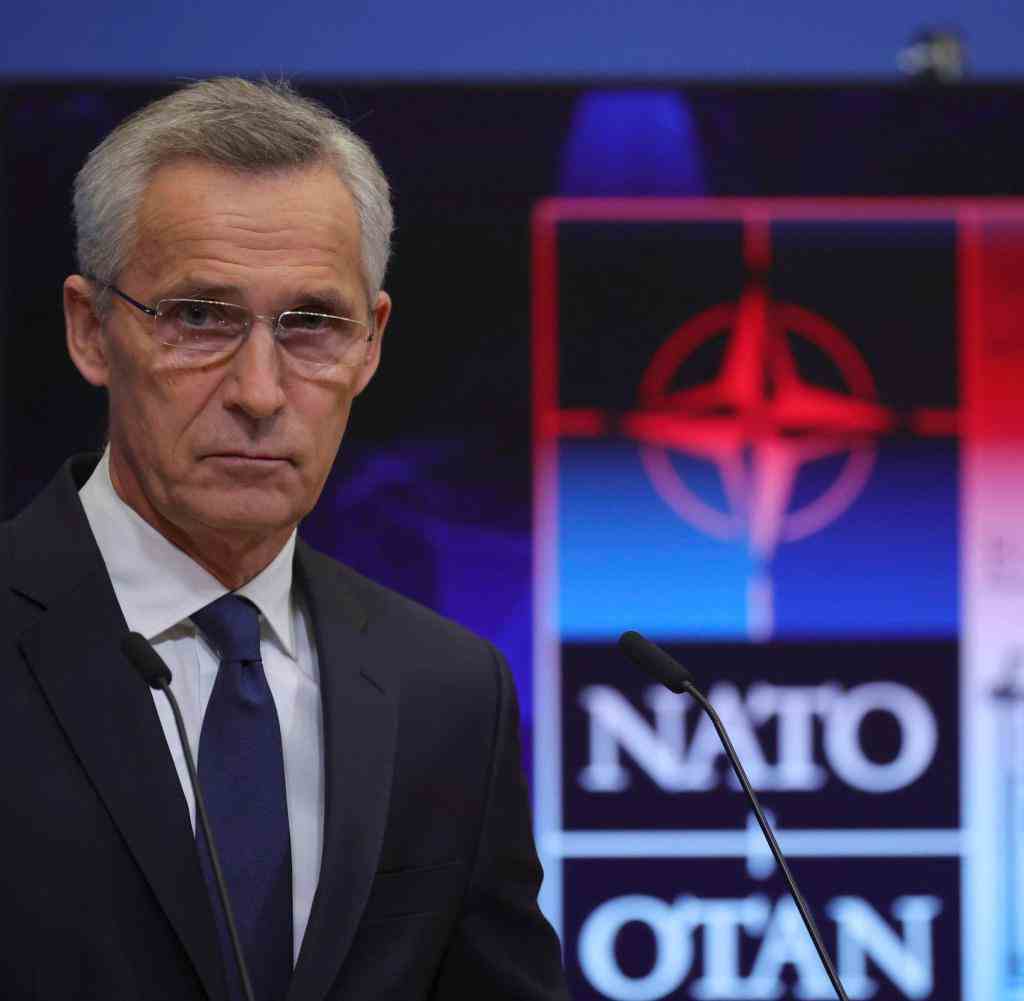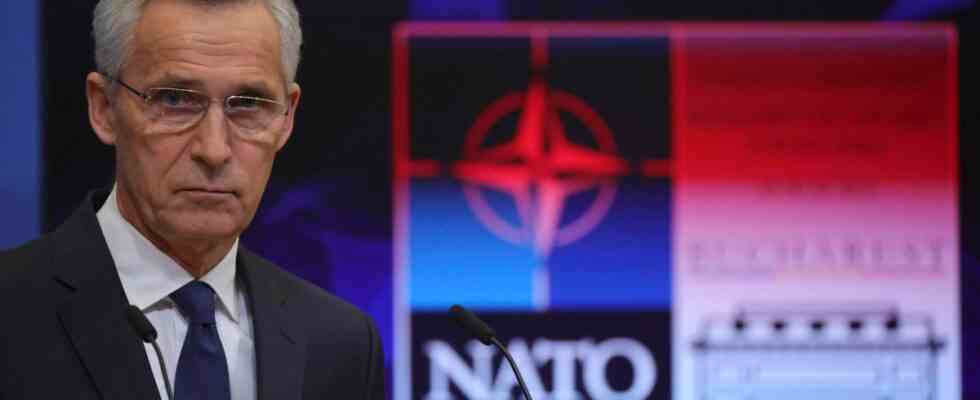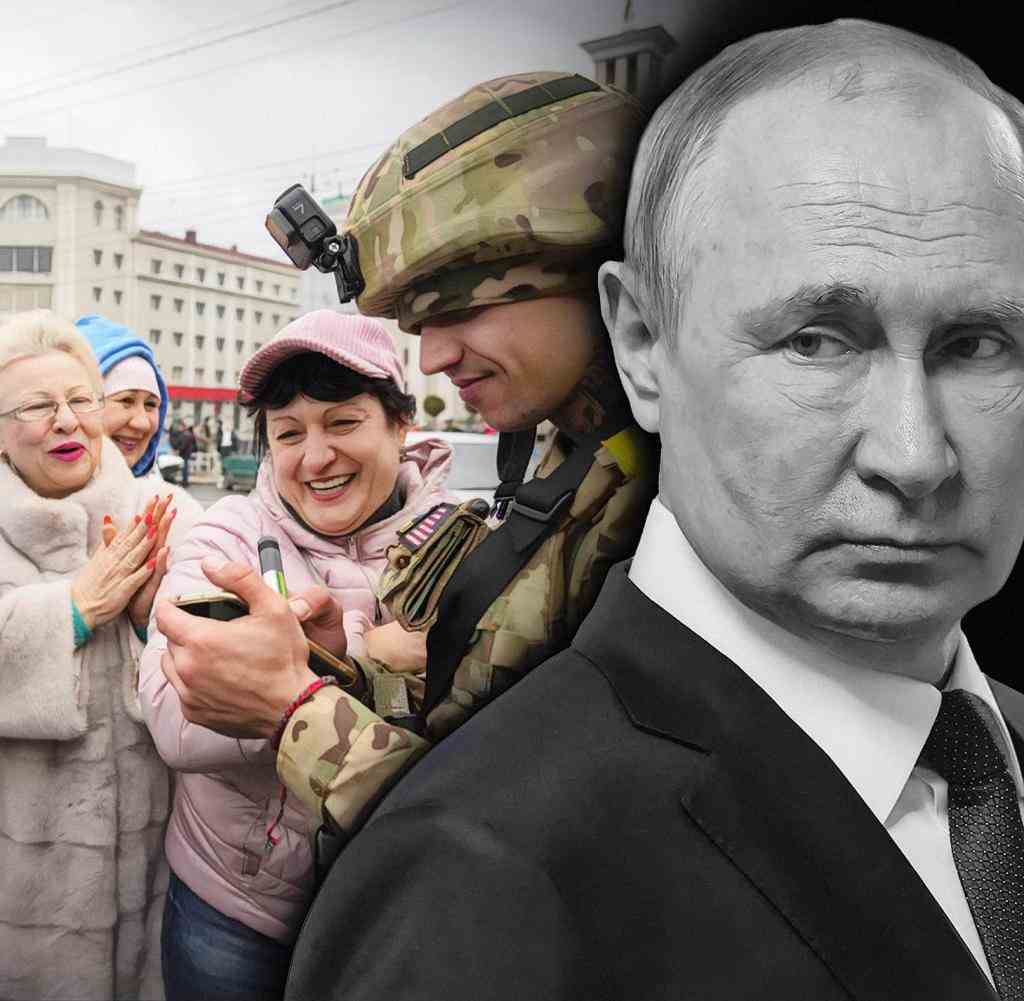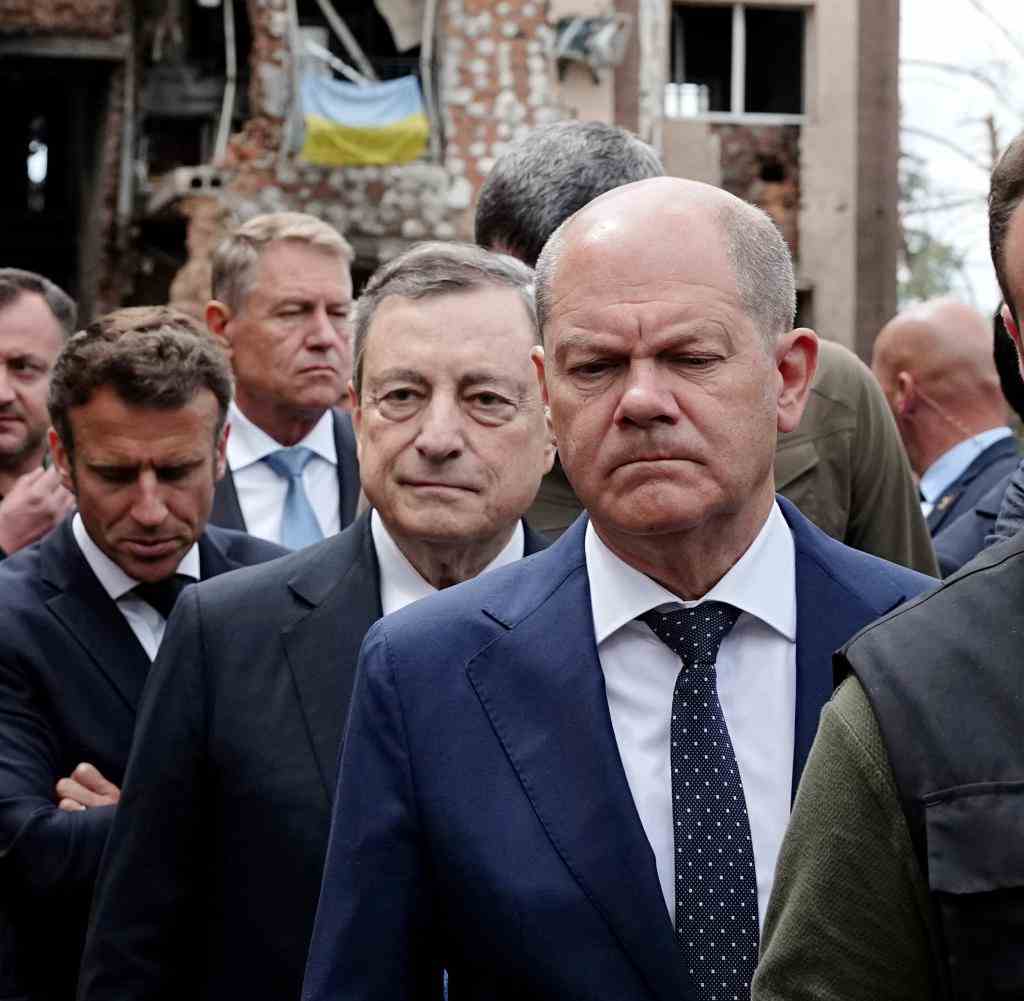“Weapons from Germany save lives”


Helping Ukraine is also an end in itself, says NATO Secretary General Jens Stoltenberg
Source: AP
Shortly before the NATO foreign ministers’ meeting, Secretary General Jens Stoltenberg emphasizes the importance of German arms deliveries – and calls for further support in WELT AM SONNTAG. Meanwhile, Berlin of all places is slowing down in the fight against another challenge that is causing concern for the alliance.
Dhe NATO expressly praises Germany’s previous arms deliveries to Ukraine. “Germany’s strong support makes a decisive difference,” NATO chief Jens Stoltenberg told WELT AM SONNTAG two days before the meeting of the defense alliance’s foreign ministers in Bucharest. The German air defense systems would help protect homes, schools and hospitals from Russian missiles.
“The arms deliveries from Germany save lives. We all need to maintain and increase our support for Ukraine,” the former Norwegian prime minister said. This would help Ukrainians uphold their right to self-defense.
Stoltenberg also discussed current developments in the Ukraine war. “President Putin reacts to defeats with more brutality,” said the NATO chief. With the onset of winter, Moscow began bombing Ukraine’s energy supply to bring the country to its knees. “Putin is trying to use winter as a weapon. But he will not be successful with it.”
The NATO chief said that the more military successes Ukraine had, the stronger its position in future negotiations would be: “We can strengthen Ukraine’s position at the negotiating table if we provide military support to the country. The best way to support peace is to support Ukraine.”
He acknowledged that engagement with Ukraine has a cost in Western societies. “Rising food and energy bills spell hard times for many households in Europe. But we should remember that the people of Ukraine pay with their blood every day.”
No chance of membership
If Putin won the war, he and other despots would continue to use violence to achieve their goals. “It can mean more war and more suffering. That would make our world even more dangerous. It is in our own interest that Ukraine prevails.”
The foreign ministers want to decide in the middle of the week to give Ukraine even more support as part of a comprehensive aid package. Further deliveries of weapons are guaranteed in the short term, but also generators for the power supply, winterized equipment for the soldiers and medical supplies. In the long term, NATO wants to take over the “strategic training” of Ukrainian soldiers and continuously bring the country up to the military standards of the alliance. However, Kyiv currently has no chance of becoming a NATO member.
China will also be an important topic in Bucharest. Despite reservations from the Berlin Chancellery, Allianz increasingly sees Beijing as a challenge and wants to strengthen its “resilience” towards Beijing – economically, militarily, but also in the cyber area.
“The war has shown how dangerous it is to be dependent on Russia for gas. We now have to assess our dependencies on authoritarian regimes, not least China,” says Stoltenberg. It’s about “managing the risks, reducing vulnerabilities and improving the resilience of our critical infrastructure and supply chains.”



